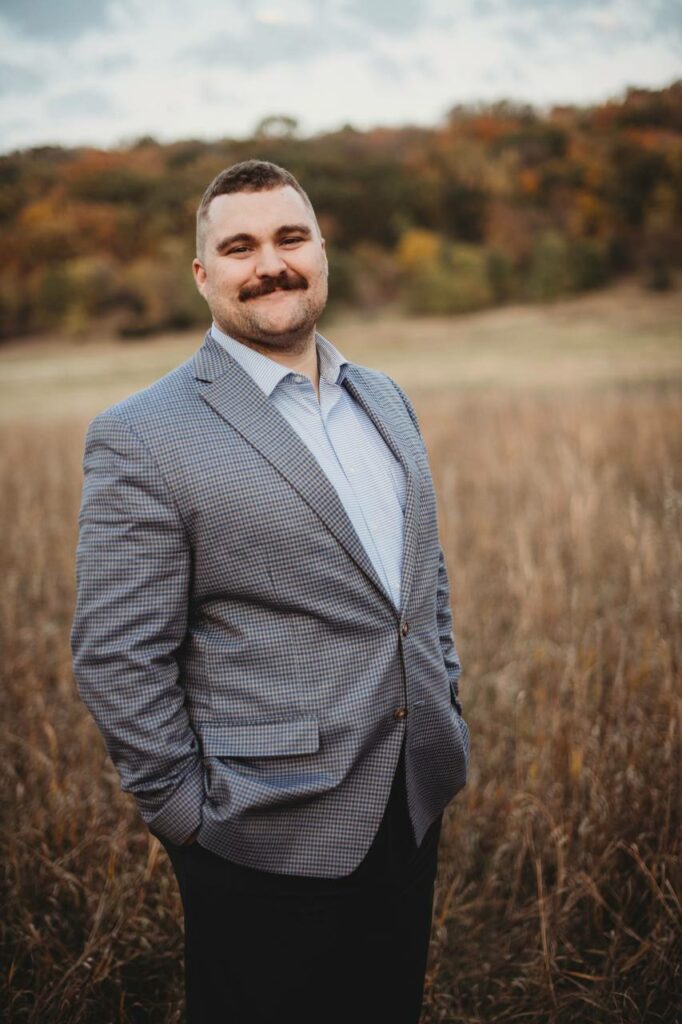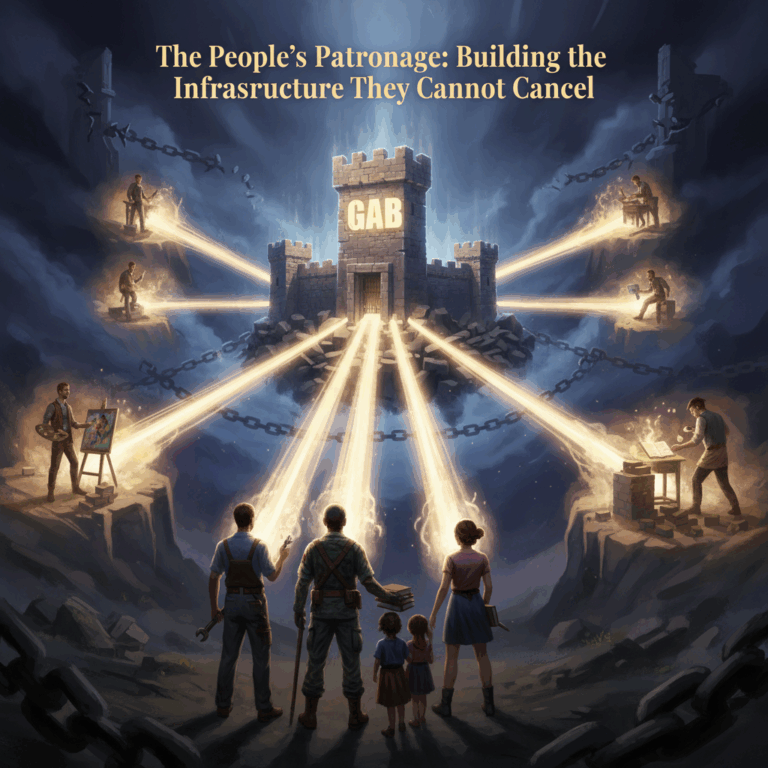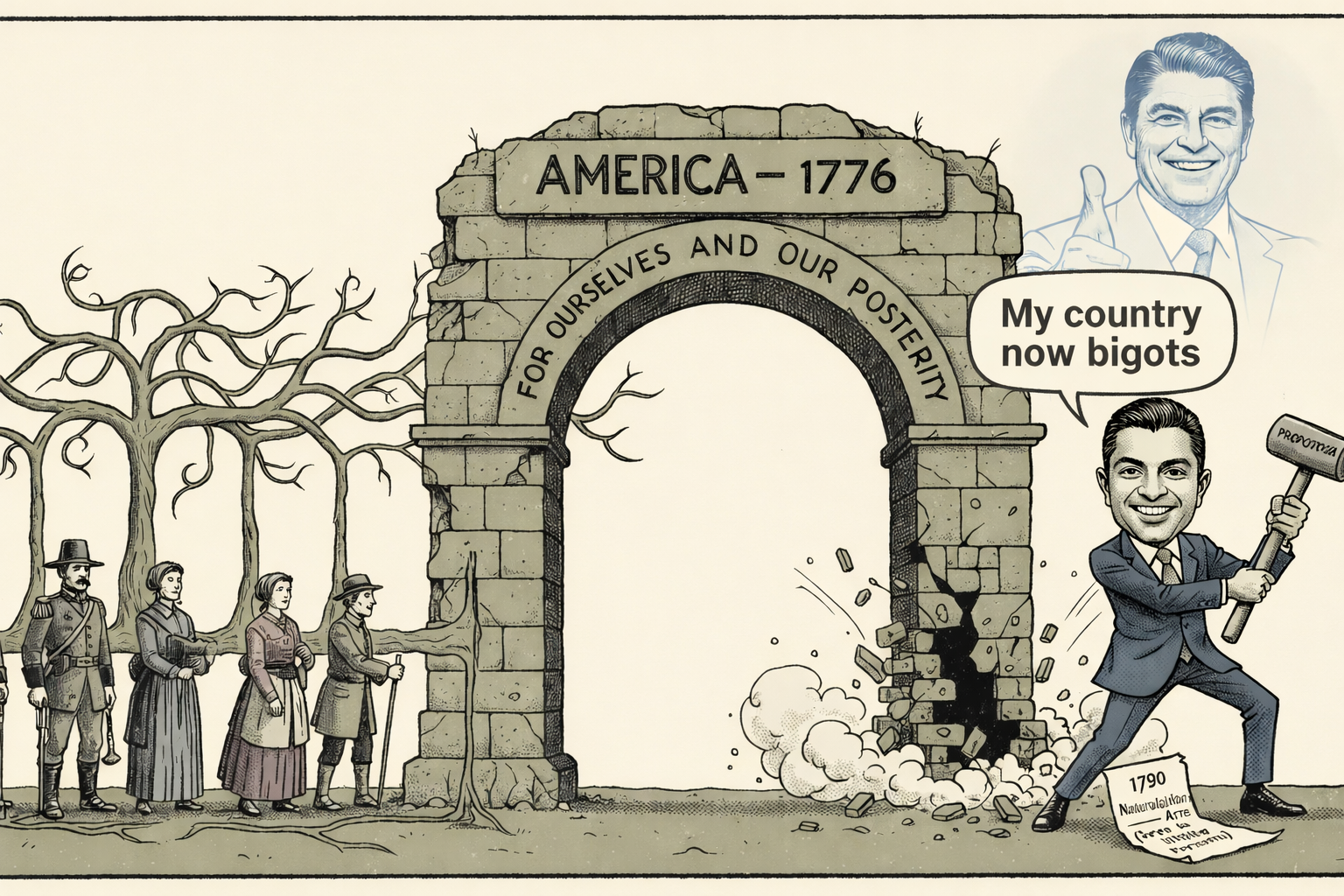1 Samuel: Parallel Christian Society in 1000 BC
Saul’s war against David continues. Saul is the king of Israel, with a duty to defend his people, yet he makes war against his faithful lieutenant out of envy and paranoia. David does not fight back. Instead, David fights Israel’s enemies, as a true king should. But even though David behaves as the true king, fighting on behalf of his people, the people reject him. For those with eyes to see, Israel’s two-fold rejection of David in this chapter is a picture of Israel’s rejection of David’s son and heir, Jesus Christ.
Catch the First Sermon in this series here.
Catch the Second Sermon in this series here.
Catch the Third Sermon in this series here.
Catch the Fourth Sermon in this series here.
Catch the Fifth Sermon in this series here.
23 Then they told David, saying, “Look, the Philistines are fighting against Keilah, and they are robbing the threshing floors.”
1 Samuel 23:1-28
2 Therefore David inquired of the Lord, saying, “Shall I go and attack these Philistines?”
And the Lord said to David, “Go and attack the Philistines, and save Keilah.”
3 But David’s men said to him, “Look, we are afraid here in Judah. How much more then if we go to Keilah against the armies of the Philistines?” 4 Then David inquired of the Lord once again.
And the Lord answered him and said, “Arise, go down to Keilah. For I will deliver the Philistines into your hand.” 5 And David and his men went to Keilah and fought with the Philistines, struck them with a mighty blow, and took away their livestock. So David saved the inhabitants of Keilah.
6 Now it happened, when Abiathar the son of Ahimelech fled to David at Keilah, that he went down with an ephod in his hand.
7 And Saul was told that David had gone to Keilah. So Saul said, “God has delivered him into my hand, for he has shut himself in by entering a town that has gates and bars.” 8 Then Saul called all the people together for war, to go down to Keilah to besiege David and his men.
9 When David knew that Saul plotted evil against him, he said to Abiathar the priest, “Bring the ephod here.” 10 Then David said, “O Lord God of Israel, Your servant has certainly heard that Saul seeks to come to Keilah to destroy the city for my sake. 11 Will the men of Keilah deliver me into his hand? Will Saul come down, as Your servant has heard? O Lord God of Israel, I pray, tell Your servant.”
And the Lord said, “He will come down.”
12 Then David said, “Will the men of Keilah deliver me and my men into the hand of Saul?”
And the Lord said, “They will deliver you.”
13 So David and his men, about six hundred, arose and departed from Keilah and went wherever they could go. Then it was told Saul that David had escaped from Keilah; so he halted the expedition.
14 And David stayed in strongholds in the wilderness, and remained in the mountains in the Wilderness of Ziph. Saul sought him every day, but God did not deliver him into his hand. 15 So David saw that Saul had come out to seek his life. And David was in the Wilderness of Ziph in a forest. 16 Then Jonathan, Saul’s son, arose and went to David in the woods and strengthened his hand in God. 17 And he said to him, “Do not fear, for the hand of Saul my father shall not find you. You shall be king over Israel, and I shall be next to you. Even my father Saul knows that.” 18 So the two of them made a covenant before the Lord. And David stayed in the woods, and Jonathan went to his own house.
19 Then the Ziphites came up to Saul at Gibeah, saying, “Is David not hiding with us in strongholds in the woods, in the hill of Hachilah, which is on the south of Jeshimon? 20 Now therefore, O king, come down according to all the desire of your soul to come down; and our part shall be to deliver him into the king’s hand.”
21 And Saul said, “Blessed are you of the Lord, for you have compassion on me. 22 Please go and find out for sure, and see the place where his hideout is, and who has seen him there. For I am told he is very crafty. 23 See therefore, and take knowledge of all the lurking places where he hides; and come back to me with certainty, and I will go with you. And it shall be, if he is in the land, that I will search for him throughout all the clans of Judah.”
24 So they arose and went to Ziph before Saul. But David and his men were in the Wilderness of Maon, in the plain on the south of Jeshimon. 25 When Saul and his men went to seek him, they told David. Therefore he went down to the rock, and stayed in the Wilderness of Maon. And when Saul heard that, he pursued David in the Wilderness of Maon. 26 Then Saul went on one side of the mountain, and David and his men on the other side of the mountain. So David made haste to get away from Saul, for Saul and his men were encircling David and his men to take them.
27 But a messenger came to Saul, saying, “Hurry and come, for the Philistines have invaded the land!” 28 Therefore Saul returned from pursuing David, and went against the Philistines; so they called that place the Rock of Escape. 29 Then David went up from there and dwelt in strongholds at En Gedi.
Keilah (23:1-13)
At about the same time Saul is slaughtering Yahweh’s priests at Nob by the hand of Doeg the Edomite, a gentile, David is rescuing an Israelite city, Keilah, from being slaughtered by the hands of gentiles, the Philistines. A report comes to David in his stronghold that the Philistines attacked Keilah, and so David inquires of the Lord. He must have inquired through the prophet Gad since Abiathar was not yet there with the ephod. David asks if he should attack the Philistines, and Yahweh tells him to save Keilah. But David’s men, much like Jesus’s disciples, were afraid. So David asked the Lord a second time, and God tells him a second time that He will deliver the Philistines into David’s hand. David attacked, won, and plundered the enemy, thus saving Keilah. It was at this point that Abiathar reached David after Saul’s attack on the priests of Nob.
At this point, Saul finds out that David has appeared out of hiding at Keilah. Interestingly, when the Philistines attacked Keilah, Saul did nothing. But with David at Keilah, Saul musters the entire fighting population of Israel to lay siege to Keilah. When David found out, he asked Abiathar to inquire of God with the ephod. And David asks God if Saul will attack, to which God replies that Saul will. David asks if the men of Keilah will betray him, and God tells David that they will.
So, David and his company flee for refuge wherever they could find it, and Saul abandons the operation entirely. Like his ancestor, Jesus, David was able to miraculously slip out of a trap when his enemies sought to kill him.
Ziph (v. 14-29)
David and his men fled to the strongholds of the Wilderness of Ziph, and God protected them there from Saul. But Jonathan was able to find David, and there he encourages him and tells him that Saul would not find him, and that David will be king over Israel, and Jonathan will be at his right hand. There he renews the covenant the two had made and returns to his home.
But the Ziphites, were not so loyal to David. They tell Saul exactly where David is. Bear in mind, these are men of David’s own tribe, Judah. They go out of their way to betray David and lead Saul right to him. So what does David do? When Saul and his men are on one side of the mountain, David and his men go to the other side. But this could only go on for so long, and eventually they would be trapped on top of the mountain by Saul’s men. And just before that happened, word reaches Saul that the Philistines have invaded the land. God uses the Philistines to save David. The Author of history is a lover of irony.
From this mountain, David and his men fled to the En Gedi and hid in the strongholds there.
Conclusion
In this passage, we have two kings. The already king of Israel, Saul, and the not-yet king of Israel, David. The previous chapter showed us that David was assembling an Israel within Israel; there was a priest, Abiathar, a king, David, and a prophet, Gad, and 400 men with them. It was an Israel-within-Israel, a remnant of the true Israel, and a picture of the Israel-within-Israel that would gather around the living tabernacle, Jesus Christ. But this means there was another Israel, the greater Israel, an apostate Israel. The Israel of Saul. And in this chapter, we see that acutely as well.
Saul is a terrible king. A tyrant. A bloodthirsty man. While David was doing the work of a true king defending his people, Saul was murdering Yahweh’s priests. David saves Keilah. You could perhaps imagine being a resident of Keilah. A poor farmer threshing out his grain on the threshing floor when a band of Philistines shows up, beats you, kills a few of your friends for laughs, abuses your women, and steals all the work you have done for the last six months. Then, out of nowhere comes David and his band, and they kill every last Philistine and rescue your city. To say you would be thankful is an understatement. You would be overjoyed. You would have nothing but love for David. But what happens? Saul musters the full strength of Israel against your city, and he is going to lay siege.
You probably have heard by now that he killed all the priests of Israel at Nob. When Saul breaks through your city gates he’s not going to treat you any differently than he did the priests. So, the man who just saved you, you are going to give up for dead without a second thought. Better that one man should die than all the people perish, is what Israel’s high priest said about Jesus. It is hard not to see the similarities between David and Jesus and just how much Israel in David’s day was like Israel in Jesus’s day. They could be healed from all their illnesses, see Jesus make for them food from nothing, see Jesus bring the dead back to life, but betray him to death the second they have the opportunity.
And in this passage we are given a second witness, as we so often are in the Bible, of Israel’s faithlessness. David flees to Ziph, another region of Judah, and his kinsmen go out of their way to betray him. Unlike the Keilahites, who have to be threatened with destruction, the Ziphites give him up to Saul out of the hope to win his favor. The Ziphites are loyal to their godless tyrant king. The Ziphites are Israel in the gospels shouting, “we have no king but Caesar!”
Furthermore, all Israel really is with Saul. When Saul musters Israel to go to war against Keilah, Israel obeys. There are no tribes that hold out, that refuse to obey Saul’s unjust order to murder an innocent man. All of Israel joins in and is willing to put David to death. Israel is apostate.
But all Israel is not of Israel. There was a remnant who was loyal to David. And within that remnant was Saul’s own son Jonathan. Jonathan had every reason to remain with Saul, but faithfulness to Yahweh compelled Jonathan to unite with David.
You might understand that we, in Year of Our Lord 2023, are in a similar position. Much of our land is once Christian but no longer. We live in an apostate land that sides with tyrants. Some, like the Keilahites, out of compulsion and threats. Others, like the Ziphites, totally of their own volition. It is easy to feel alone and betrayed as a faithful Christian today, and it is easy to feel surrounded with no way out.
That is why Jonathans are so valuable. A single Jonathan is worth more than tens of thousands of Keilahites. A faithful friend who never loses hope, who trusts that Christ is king and He will never abandon us or forsake us. That one day, despite all the suffering and loneliness, and in fact, in large part because of it, God’s people will be exalted to rule, just as Jonathan was certain David would be king. Those are the men you need to have around you. Those are the kind of people you need to be: Jonathans who encourage one another to press on, to keep going because Christ’s kingdom will win. So that is the charge to you: to do all that you can to encourage one another, and to know that through it all, through all the suffering and strife, God will not leave us in the pit but will lift us up. In the Name of the Father, the Son, and the Holy Spirit. Amen!

Andrew Isker is the pastor of 4th Street Evangelical Church in Waseca, MN. He is a graduate of Minnesota State University and Greyfriar’s Hall Ministerial Training School, and he has served churches in Missouri, West Virginia, and Minnesota. He is the author (with Andrew Torba) of Christian Nationalism, and the author of the forthcoming book, The Boniface Option. Andrew, his wife Kara, and their five children reside in his hometown of Waseca, MN. He can be found on Gab @BonifaceOption.





